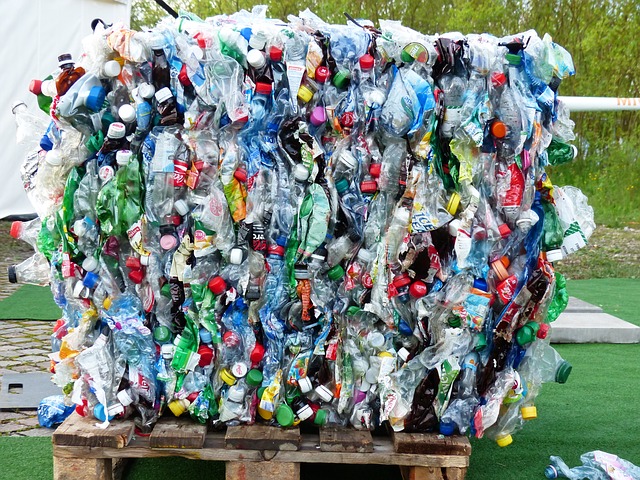The Western Cape is the country’s leader in recycling PET plastic bottles, and its efforts were recently recognised by the national industry body for plastic recycling, PET Recycling Company (Petco).
Petco unveiled South Africa’s outstanding individuals and projects in the recycling movement when it announced a 6% year-on-year increase in the recycling of PET plastic bottles. These leaders are from different provinces, and have been noted for their work in promoting and practicing sustainability at the grassroots level.
Nine category winners are from the Western Cape, including nine-year-old Rocco da Silva and Franschhoek’s Jocelyn van der Ross.
Da Silva, who hails from Somerset West, started a club called The Future Kids Club, which encourages youth in the area to partake in monthly beach cleanups. Van der Ross overcame three fires and unemployment to run a recycling business.
Other winners from the Western Cape include a Hout Bay community project called Thrive, as well as Takunda Chitaka, an academic from the University of Cape Town (UCT). The environmental manager of Plastics SA, John Kieser, was also a winner.
The Drakenstein Municipality was also awarded for local authority recycling innovation.

PET bottles are made of one of the few polymers that can be recycled into the same form – a new beverage bottle – again and again. This neatly closes the recycling loop and enables ‘cradle-to-cradle’ packaging solutions.
As with virgin PET, recycled PET (rPET) can be used to make many new products, including polyester staple fibre or filament used for apparel (clothing), home textiles (duvets, pillows, carpeting), automotive parts (carpets, sound insulation, boot linings, seat covers) and industrial end-use items (geotextiles and roof insulation), and new PET packaging and bottles for both food and non-food products. It is generally blended in a ratio of virgin PET to recycled, depending on the application required.
To see where your nearest PET drop-off site is, click here.
Picture: Pixabay

